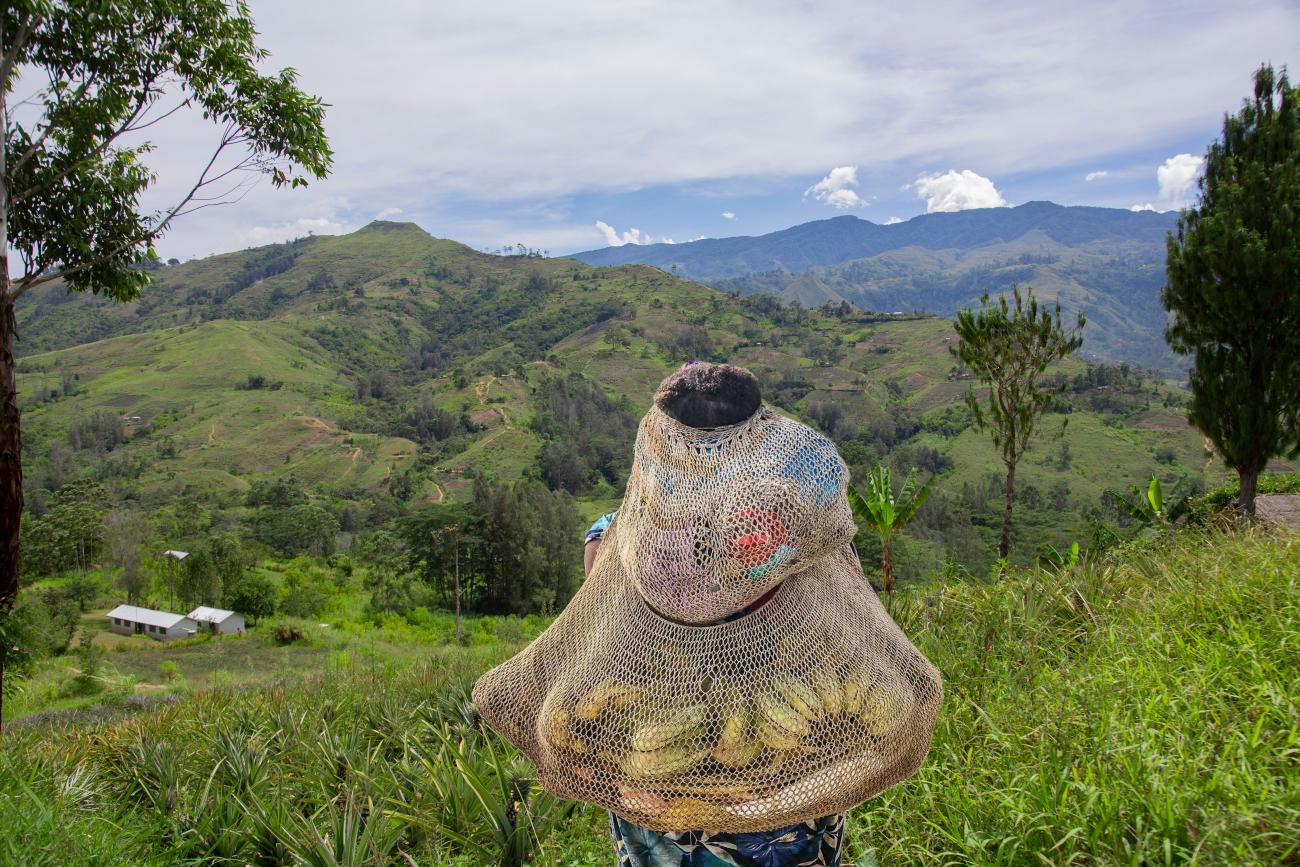“In the Highlands, violence is the normal way of life,” says Leah Wagi from Kup Women for Peace. “There's tribal fights, sorcery accusation-related violence, gender-based violence, and it’s the norm.”
Leah and her colleagues at Kup Women for Peace (KWP) have been working to change this narrative since 2002. The organisation is committed to ending violence in the Highlands Region, advocating for peace and ensuring perpetrators of violence are brought to justice. They monitor events and trends to be able to anticipate and prevent instances of violence.
“Whenever there's a death and there's a young person who’s passed away, there's always an accusation of sorcery in that community,” says Leah. “To go and get the perpetrators, it requires financial assistance. For instance, we need to go to medical centres to get a medical report or we need to get police involved and sometimes there's no fuel or transport. So, we need to buy fuel or get a car to go and help those accused of sorcery.”
The team at KWP are very familiar with these challenges, but the communities in which they work are also very familiar with KWP.
“When there's a sorcery accusation or a GBV case, and the perpetrators know this has come to the attention of KWP, they usually think twice before they act,” says Leah.
“There are people there who know the organisation and the work we do in these cases. They usually come to the office to seek help. There are also focal people who KWP have trained and they’ll call the office.”
“When they are starting to talk about accusing someone, and when the news comes to KWP and the program manager and other officers start walking towards that direction and someone sees them, he or she usually tells the people trying to accuse someone “KWP is coming”.
Leah shares that this reputation, together with KWP’s training on rights and justice services, has had a noticeable impact on the incidence of violence in communities.
“If KWP comes, you know this case will go to the police and you’ll be put behind bars. So, people usually don’t carry out what they are trying to do.”
Increasing awareness of the pathways to justice, in addition to successful prosecution of offenders, will further prevent the incidence of violence in remote communities. The noticeable changes keep Leah and her colleagues motivated.
“Working with an organisation that wants to bring peace, it's challenging at times,” says Leah. “But when workshops and trainings are held in communities, teaching people what is right and wrong and that there are laws being enforced, there are changes within communities.”
Through the EU-funded Spotlight Initiative to end violence against women girls, Kup Women for Peace has received funding to support their work with survivors of violence. “There’s a section in KWP that does emergency case management and this is where funding from UN Women is allocated so KWP is able to continue the work we do in the communities,” says Leah.
Through financial support to grassroots organisations that have a strong history of delivering change, the Spotlight Initiative has worked to prevent violence against women and girls through local-led solutions. In 2022, the programme will build on the momentum of the past 2 years, ensuring no one is left behind.







